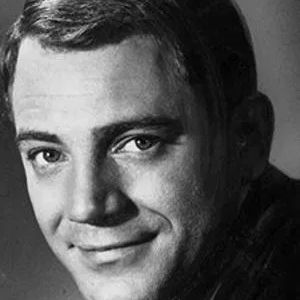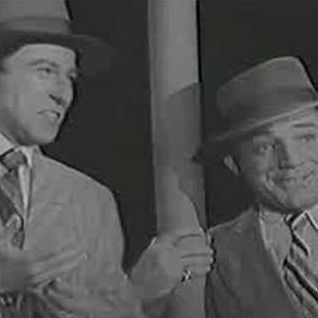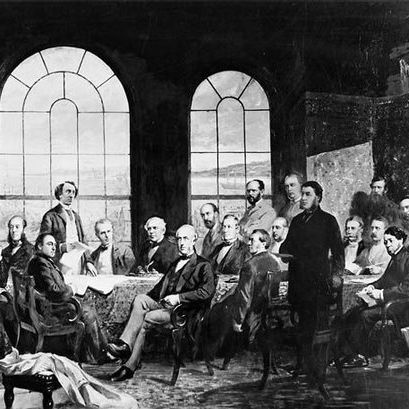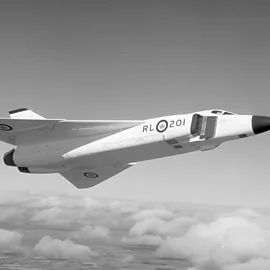It is #PrideMonth and this is the story of Operation Soap.
On Feb. 5, 1981, Toronto Police raided four gay bathhouses in Toronto. Nearly 300 men were arrested in the largest mass arrest since the 1970 October Crisis.
The event is often called Canada's Stonewall.
🧵1/6
On Feb. 5, 1981, Toronto Police raided four gay bathhouses in Toronto. Nearly 300 men were arrested in the largest mass arrest since the 1970 October Crisis.
The event is often called Canada's Stonewall.
🧵1/6

Tensions with Toronto Police and the gay community was especially bad at the time.
In 1979, the Toronto Police Association newsletter published an essay called "The Homosexual Fad" that portrayed gay men as militant deviants who recruited children into their lifestyle.
🧵2/6
In 1979, the Toronto Police Association newsletter published an essay called "The Homosexual Fad" that portrayed gay men as militant deviants who recruited children into their lifestyle.
🧵2/6

In the raids, undercover police wore red dots on their clothing so police could "know who are the straights."
When the men were arrested, police used homophobic slurs & references to gassing homosexuals in Nazi death camps.
🧵3/6
When the men were arrested, police used homophobic slurs & references to gassing homosexuals in Nazi death camps.
🧵3/6

Police compiled personal data on the men including who were married, their jobs, work superiors and the names and phone numbers of wives.
Of the 286 arrested, only 20 were charged. The bathhouses also suffered $50,000 in damages from police during the arrests.
🧵4/6
Of the 286 arrested, only 20 were charged. The bathhouses also suffered $50,000 in damages from police during the arrests.
🧵4/6

The next evening, 3000 people marched through Toronto to protest the arrests. As they approached Queens Park, they were met by 200 police officers. Violence broke out, leading to 11 arrests and several injuries on both sides.
Public outcry of the arrests continued.
🧵5/6
Public outcry of the arrests continued.
🧵5/6

Despite the public outcry, the raiding of bath houses in Toronto did not stop.
Further raids would occur in 1981, 1983, 1996 and 2000.
Despite this, the Toronto Pride community continued to grow & be accepted. Today, Pride is one of Toronto's biggest annual celebrations.
🧵6/6
Further raids would occur in 1981, 1983, 1996 and 2000.
Despite this, the Toronto Pride community continued to grow & be accepted. Today, Pride is one of Toronto's biggest annual celebrations.
🧵6/6

• • •
Missing some Tweet in this thread? You can try to
force a refresh





















